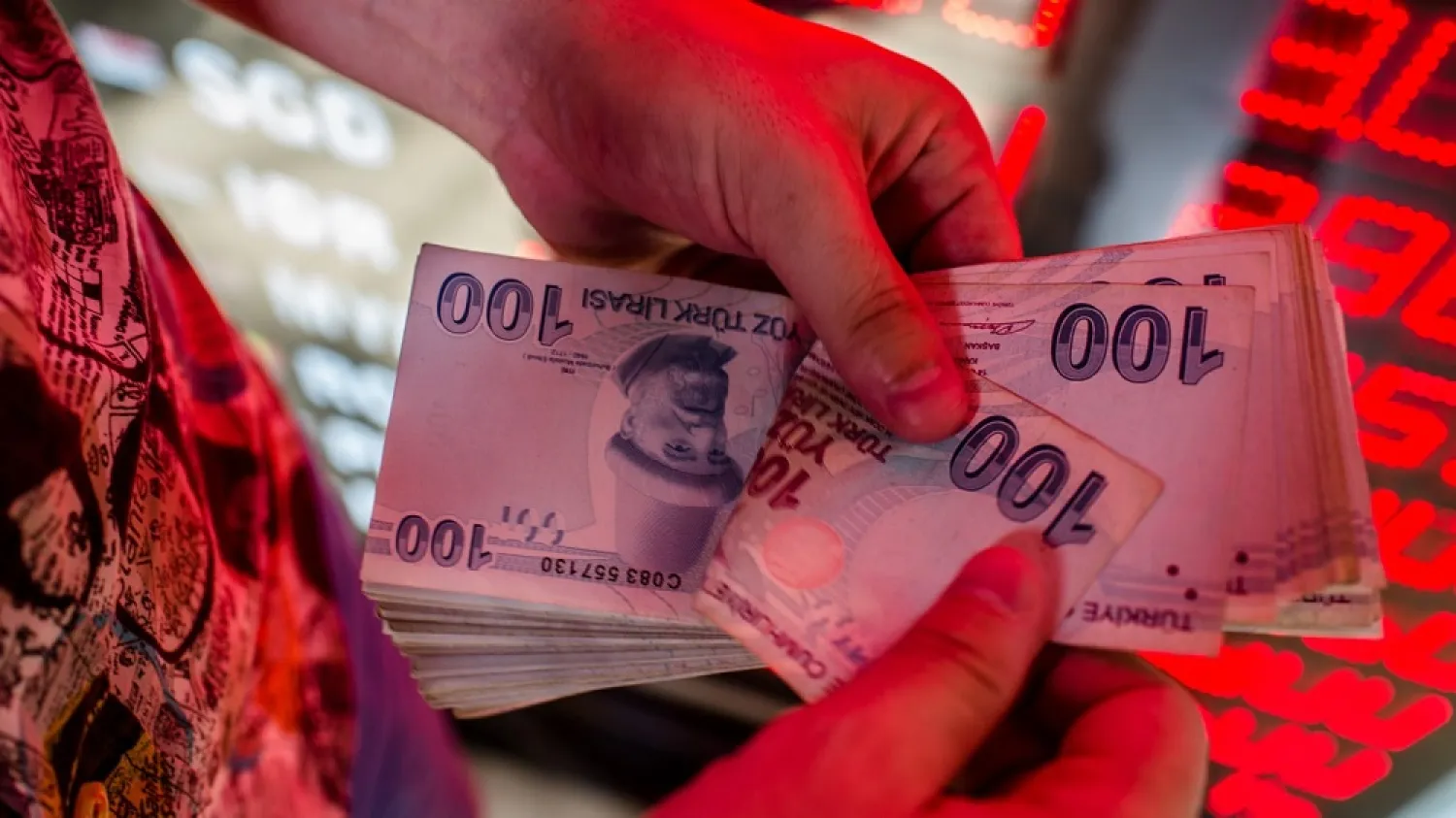The Turkish lira plumbed more record lows on Monday, touching 7.6 against the dollar, as expectations grew that the central bank would keep its key interest rate steady this week but continue to tighten credit via other measures.
Analysts including those at Goldman Sachs said the bank would likely use its policy meeting on Thursday to nudge up its late liquidity window (LLW), which at 11.25% is the highest of a handful of interest rates that it controls.
That could help protect the lira - which has tumbled 22% this year and lost half its value since the end of 2017 - from a more dramatic fall.
But analysts said such a move would probably only delay a formal hike to the key policy rate that has remained at 8.25% since May.
The currency was at 7.5900 at 0917 GMT, 0.3% weaker than Friday’s close.
It has dipped in 13 of the last 15 sessions and is among the world’s worst performers in 2020 in part due to aggressive monetary easing over the last year that left real rates deeply negative.
The bank is reluctant to restrict growth just as the economy is recovering from a nearly 10% contraction in the second quarter due to the pandemic. It also expects inflation to dip, although price rises have remained stuck in double-digits.
While most economists polled by Reuters expect no formal hike this week, they predict the central bank will continue to take steps to raise the weighted average cost of funding , which has climbed to 10.4% from 7.3% in two months.
Among the minority, Deutsche Bank said it expects a 200 basis-point rise in the key one-week repo rate on Thursday.
But Kevin Daly at Goldman Sachs said the bank would rather likely raise the LLW to 12% given the combined pressure of depleted reserves, the hit to the tourism sector, and Turkey’s heavy external loan payment schedule through year end.
Ehsan Khoman at MUFG Bank forecast a rise in LLW to 11.75%. “The main risk ... is that the authorities tighten policy too little and too late as they prefer to remain supportive of growth, a policy course which would add to the risks around the lira,” he wrote.









